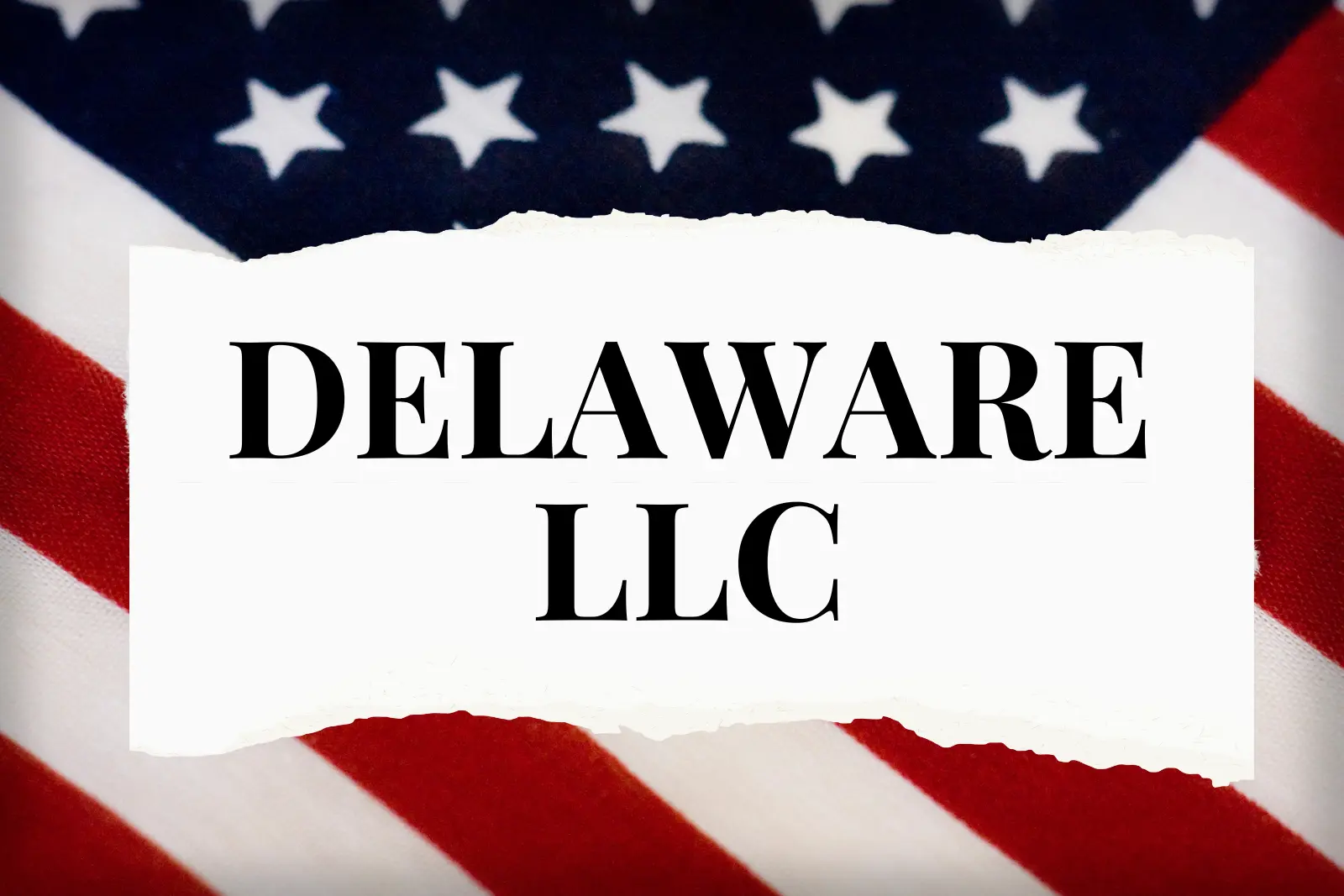US Policy Changes 2025–2026: How Non-Resident Business Owners Can Prepare
With recent geopolitical tensions rising between the United States and China, President Donald Trump has imposed tariffs reaching up to 145% on Chinese imports, citing concerns over trade imbalances and national security. In retaliation, China has levied 125% tariffs on US goods, affecting sectors like agriculture, technology, and energy. Many international entrepreneurs—especially those operating US-based businesses from India—are wondering if these global shifts might impact their operations.
Running a business in the US as a non-resident can be highly rewarding. However, with evolving US government policies in 2025 and upcoming regulations in 2026, it’s crucial to stay informed and compliant. If you operate an LLC or C-Corp in the US while living in another country (like India), the new changes may bring both opportunities and challenges for your business.
In this article, we break down the US policy changes for 2025–2026 and explain how they impact non-resident business owners, including key tax adjustments, compliance mandates, KYC requirements, and the benefits or risks involved.
1. US Corporate Tax Changes
One of the most significant policy shifts under discussion is the proposed increase in the corporate tax rate from 21% to 28%.
Who Benefits:
- If you’re operating through a US LLC, you likely benefit from pass-through taxation, which means you are not taxed at the corporate level. Instead, income passes through to your personal tax filing.
- Small and medium non-resident businesses structured as LLCs will remain unaffected by the corporate tax hike.
Who Might Be Harmed:
- If your business is registered as a C-Corp, you may see an increase in federal tax obligations.
- Higher taxes could reduce your retained earnings or raise the cost of doing business in the US.
What to Do:
- Evaluate your business structure. If you’re considering a C-Corp, assess whether an LLC might be a more tax-efficient choice for your goals.
2. FinCEN Beneficial Ownership Reporting
Under the Corporate Transparency Act, beginning in 2025, the US government requires most companies (including LLCs and corporations) to file Beneficial Ownership Information (BOI) with FinCEN.
Benefits:
- Adds credibility to your business by aligning with US financial transparency norms.
- Helps prevent money laundering and fraud, improving trust with banks and partners.
Risks:
- Non-compliance can result in fines of up to $500 per day.
- Late or incorrect filing can trigger audits and other legal issues.
Action Steps:
- Ensure you or your registered agent files your BOI promptly.
- Update ownership records if your entity has multiple members or a change in ownership.
3. Stricter KYC Rules for Bank Accounts & Platforms (2025 Onward)
US banks and fintech platforms like Mercury, Payoneer, PayPal, and Stripe are tightening KYC norms, particularly for foreign owners without a US address or SSN.
Benefits:
- Stronger KYC ensures secure transactions and reduces the risk of fraud or account freezes.
- Having complete documentation can fast-track your account setup and payment approvals.
Risks:
- Delays in getting accounts opened if documents or US addresses aren’t available.
- Accounts may be flagged or paused if KYC details are outdated or insufficient.
Best Practices:
- Always use a virtual office address or physical US mailing address.
- Provide accurate and up-to-date business formation documents, EIN, and W-8BEN forms.
4. US Payment Gateways: Document Compliance is a Must
Platforms like Stripe and PayPal now require all non-resident businesses to:
- Show a US-registered LLC or corporation.
- Submit IRS EIN documents.
- File a W-8BEN form (if you’re a foreign individual).
Advantages:
- Once compliant, these platforms allow seamless global payments and scaling options.
- Compliant accounts are more likely to stay active and avoid freezes or reviews.
Challenges:
- Failure to provide the correct forms can delay fund access or even result in account closures.
Tip:
- Keep your incorporation documents, IRS letters, and identity proofs ready and backed up.
5. US-India Tax Treaty Benefits (2025 Updates)
India and the US share a tax treaty that helps avoid double taxation for business owners operating in both countries.
Benefits:
- Reduced withholding tax on dividends, interest, and royalties.
- Ability to claim foreign tax credits under Indian tax laws if you pay taxes in the US.
- You may be eligible to file Form 8833 to declare treaty benefits.
Note:
- These benefits can significantly reduce your total tax burden across both countries.
- Work with a tax advisor to correctly utilize treaty advantages without triggering penalties.
6. LLC Tax Advantages for Non-Residents
LLCs are ideal for non-resident entrepreneurs because they:
- Avoid double taxation (profits aren’t taxed at the corporate level).
- Offer limited liability protection.
- Require fewer formalities than C-Corps.
Tax Filing Requirements:
- You must file Form 1120 and Form 5472 annually (even if your US LLC has no income).
- You may also require an ITIN (Individual Taxpayer Identification Number) to stay compliant.
Risks of Ignoring Compliance:
- Failing to file Form 5472 can result in penalties starting at $25,000.
- You may lose the benefit of tax deductions and treaty protections.
Business Expense Deductions
Non-resident businesses can deduct many operating expenses, including:
- Marketing and advertising costs
- Office rent or virtual office fees
- Contractor or employee payments
- Internet and phone charges
- Professional service fees (accountants, lawyers)
Tip:
- Maintain proper bookkeeping and retain all receipts and invoices to justify deductions during audits.
About House of Neurals
At House of Neurals, we specialize in helping non-residents start and grow businesses in the US — without the usual hassles. Whether you’re from India, Europe, or anywhere in the world, we guide you through:
- US company incorporation (LLC, C-Corp)
- EIN & ITIN application
- US bank account setup
- Stripe & PayPal onboarding
- Annual US tax filings (Forms 1120, 5472, W-8BEN)
- IRS notice handling & compliance consulting
We ensure you stay fully compliant with all 2025–2026 US regulations, so you can focus on scaling your business.
Final Thoughts
While 2025–2026 US policies bring new regulatory hurdles, they also offer tax planning opportunities and compliance benefits. Whether it’s staying on top of FinCEN filings, using treaty advantages, or maintaining a compliant Stripe account, the key is to stay proactive.
Need help? Get in touch with House of Neurals and let our experts make your US business journey smoother, faster, and 100% compliant.
Related Post

With House of Neurals, you have a reliable partner who makes running a business in the USA simple and hassle-free, no matter where you are.


